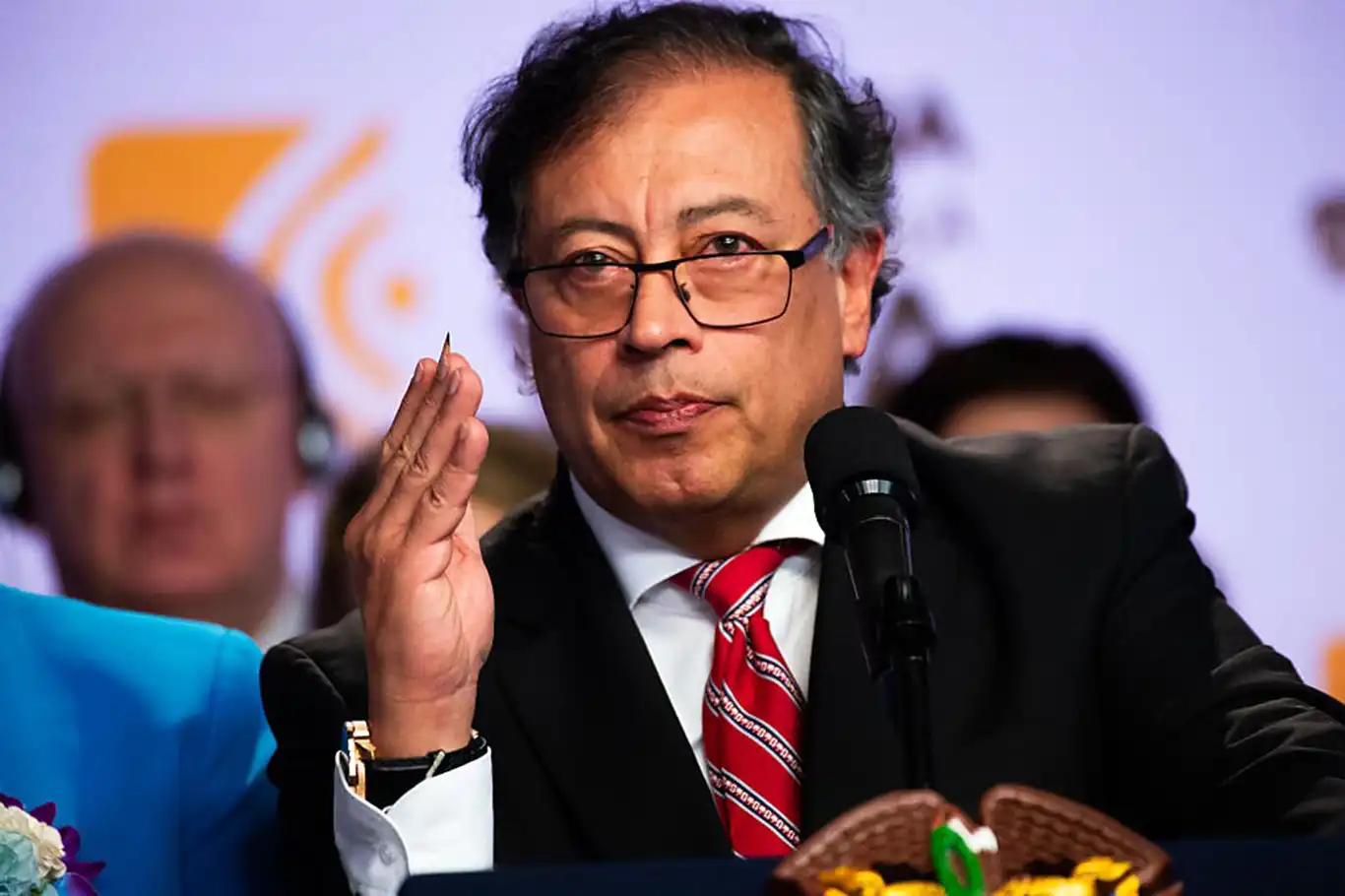Petro calls for UN action to end US airstrikes in the Caribbean


Colombian President Gustavo Petro has called for his country to submit a formal proposal to the United Nations demanding an end to the US airstrikes targeting alleged drug-trafficking vessels in the Caribbean Sea and the Pacific Ocean.
In a post shared Friday on social media platform X, President Petro questioned the legality of the U.S. operations and urged Caribbean nations to take a collective stance.
“Colombia must submit a proposal to the United Nations calling for an end to the aggression against the Caribbean,” Petro wrote. “What do Caribbean governments and their peoples think about these attacks?”
Since September, at least 14 airstrikes have reportedly been carried out by the U.S. military, primarily in the Caribbean Sea and Pacific regions. According to reports from local sources and rights organizations, the attacks have killed more than 61 people, many of whom have not been publicly identified.
The United States claims the strikes target vessels suspected of transporting narcotics. However, rights groups and legal experts argue that such operations violate international law, particularly when conducted without the consent of the states whose territorial waters are affected.
“These are extrajudicial executions disguised as anti-narcotics operations,” said one Colombian human rights lawyer, noting that the victims are rarely investigated or identified, and the evidence surrounding the alleged drug links is often undisclosed.
The UN High Commissioner for Human Rights, Volker Türk, condemned the airstrikes earlier this week, calling them “unacceptable” and urging an independent investigation into what his office described as “extrajudicial killings.”
Türk’s statement added that any counter-narcotics operations must comply with international humanitarian law and human rights standards, stressing that “the fight against drugs cannot justify violations of human life and sovereignty.”
President Petro’s call adds to growing regional unease about U.S. military activity in Latin American waters, where Washington has long justified interventions under the banner of anti-narcotics operations. Critics say the airstrikes signal a return to unilateral enforcement tactics reminiscent of the Cold War era.
Petro, who has repeatedly advocated for a new international approach to drug policy, argues that military intervention has failed to curb the global narcotics trade and has instead led to unnecessary loss of life. “The war on drugs has turned into a war on people,” he said in a previous address to the UN General Assembly in 2023.
Analysts say that if Colombia follows through on its proposal, it could open a new diplomatic front between Bogotá and Washington, potentially rallying other Latin American and Caribbean states to demand stricter international oversight of U.S. military actions.
As Petro’s government prepares to bring the issue to the United Nations, the debate over the legality and morality of U.S. airstrikes in the region is expected to intensify — reigniting long-standing tensions over sovereignty, human rights, and the future of drug enforcement in the Americas. (ILKHA)
LEGAL WARNING: All rights of the published news, photos and videos are reserved by İlke Haber Ajansı Basın Yayın San. Trade A.Ş. Under no circumstances can all or part of the news, photos and videos be used without a written contract or subscription.
Ukraine’s Main Intelligence Directorate (HUR) has claimed responsibility for a special operation that struck the Koltsevoye oil pipeline, one of Russia’s major fuel arteries located just 50 kilometers from Moscow, dealing a significant blow to the Kremlin’s military supply network.
Chinese President Xi Jinping announced on Saturday that China will host the 33rd Asia-Pacific Economic Cooperation (APEC) Economic Leaders’ Meeting in 2026 in Shenzhen.
After years of anticipation and several postponements, the long-awaited Grand Egyptian Museum (GEM)—the world’s largest archaeological museum—officially opens its doors to the public this weekend, marking a monumental moment in Egypt’s modern history.